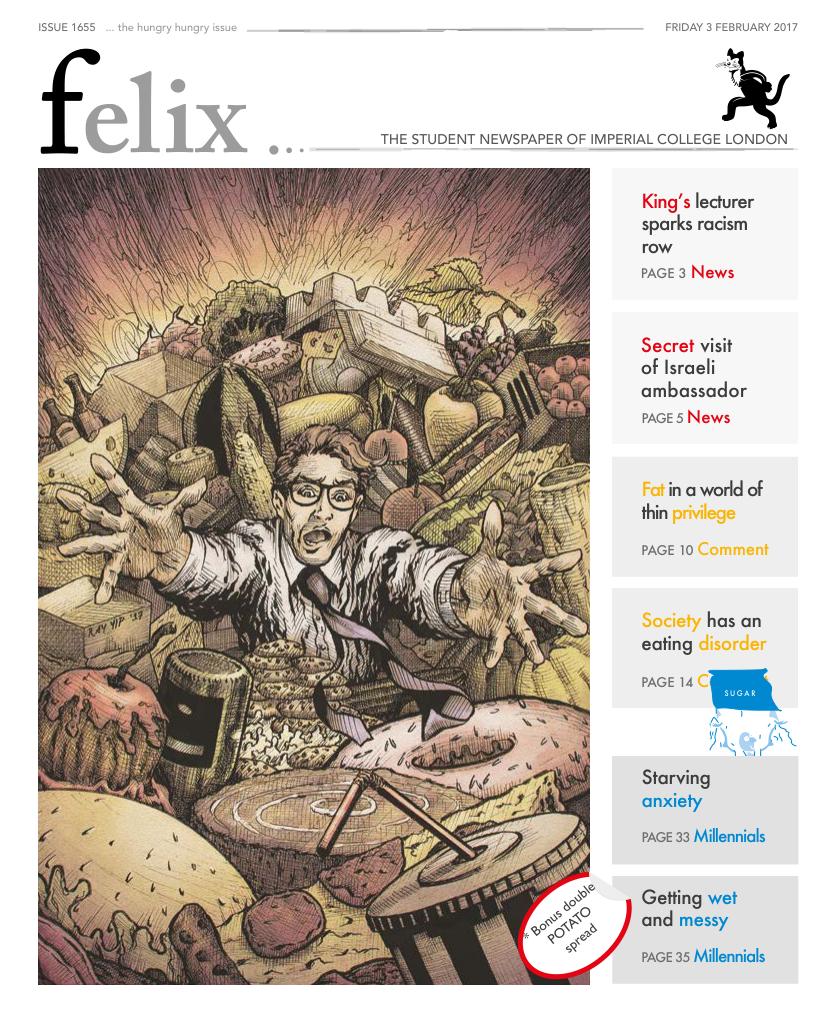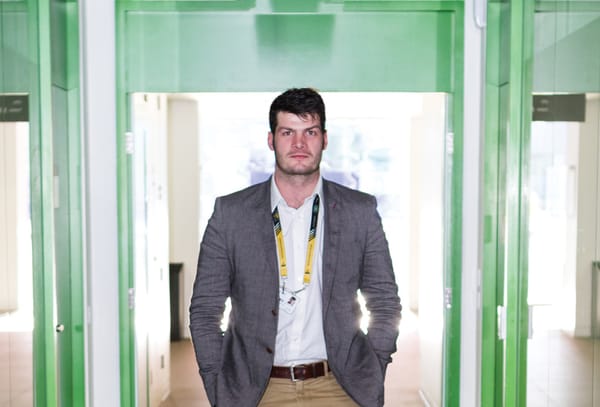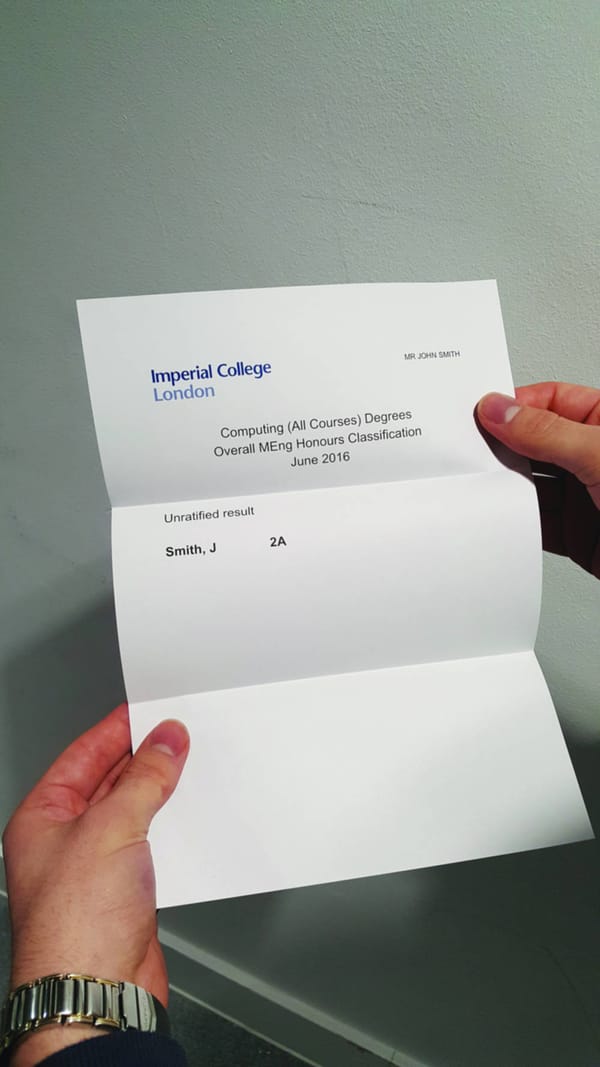Starving anxiety into submission | Anorexia
As Eating Disorder Awareness Week edges closer, one reader shares with us their struggle with anorexia. Through the haziness they try to recall the ups, the downs and the lessons learned.

I thought the only way I could dull my anxiety was starving it. If I was dizzy and needed to concentrate hard on staying upright, there was no space left to worry. Before long I’d reach a comfortable haze, unable to carry a thought for more than a few seconds. The emptiness inside my stomach made the tightness in my chest less noticeable. Neglecting my ever growing to-do list didn’t seem so bad if I got a kick every time I managed to avoid a meal. Avoiding any sort of consumption became my crutch. Not only had I convinced myself that restricting my intake of food would put my physical symptoms at bay, but I started believing that I was a much better version of myself when I hadn’t eaten. I’m still not sure of what was happening at the time, whether I was actually having fewer panic attacks on an empty stomach or if I was so desperate for something to take them away that I convinced myself it was working. I became obsessed with constructing a façade where it seemed everything was okay. I’d smile and agree to meet for lunch, while playing my favourite game of making it seem like I’d nearly finished my meal, having hidden most of it or rearranged it in the plate. I spent more and more hours without food, thriving off of the sense of control and independence. Soon this behaviour became second nature.
When I did eat, it tended to be fast food. I wasn’t avoiding any particular classes of food, or counting calories like I’d done in my first encounter with anorexia eight years prior. I knew my habits weren’t normal, but I convinced myself it was okay, definitely not an illness or something I couldn’t manage. Sure, I didn’t eat as regularly as the average person, but I was still eating sometimes, and don’t all adults get too busy to eat occasionally? Rapidly, I started to feel like I wasn’t in control anymore – the feeling of accomplishment I got from ignoring meals became more and more difficult to attain. I was conflicted, unable to decide whether I wanted to change and get help or if losing the sense of achievement that came with avoiding meals was too much to bear. I began to lash out at everyone around me. At the time I felt too ashamed to put my actions into words. Nobody had seemed to notice what I was doing so it felt impossible to tell anyone what was happening. Saying there was a problem out loud also meant acknowledging there was one for sure. I had to abandon the rhetoric of a ‘spectrum of normal’ I’d managed to fool myself into thinking.

Finally, I managed the courage to get help. Even in the initial stages of assessment and therapy, I wasn’t entirely sure there was anything wrong with me. I’d had a more ‘textbook’ eating disorder in the past, where thoughts of calories and dress size dominated everything I did. It was only when a dietician told me (rather dramatically) that I would eventually starve to death if I continued along the same trajectory that it became impossible to be blasé about the situation. Eating more regularly was difficult to start with, but after a couple of months I started to get my strength back. It was hard to face that a lot of my struggles had been linked to my weight and appearance – topics I hadn’t allowed myself to consciously think about in nearly a decade. When I became aware of gaining weight steadily, of physically getting bigger, of the fact that there was more of me in the world, I nearly lost all the progress I made and reverted to my habits. Gaining weight became a proxy for committing to my surroundings and responsibilities – was I ready for that? It was only then that I started to understand my relationship with food was very much about self worth. I doubted whether I was worthy of eating, worthy of consuming things and occupying space. Managing to control something measurable was an easy way to feel like I’d achieved something and was therefore deserving of my existence.
Now I recognise how unkind it was to put this much pressure on myself. I felt like I was letting people down; not achieving enough academically or not being a good enough friend. If you are struggling or feeling inadequate, remind yourself that you owe nothing to nobody. Your priority should be yourself and everything else is secondary. Like everything else in life, it’s easier said than done.








